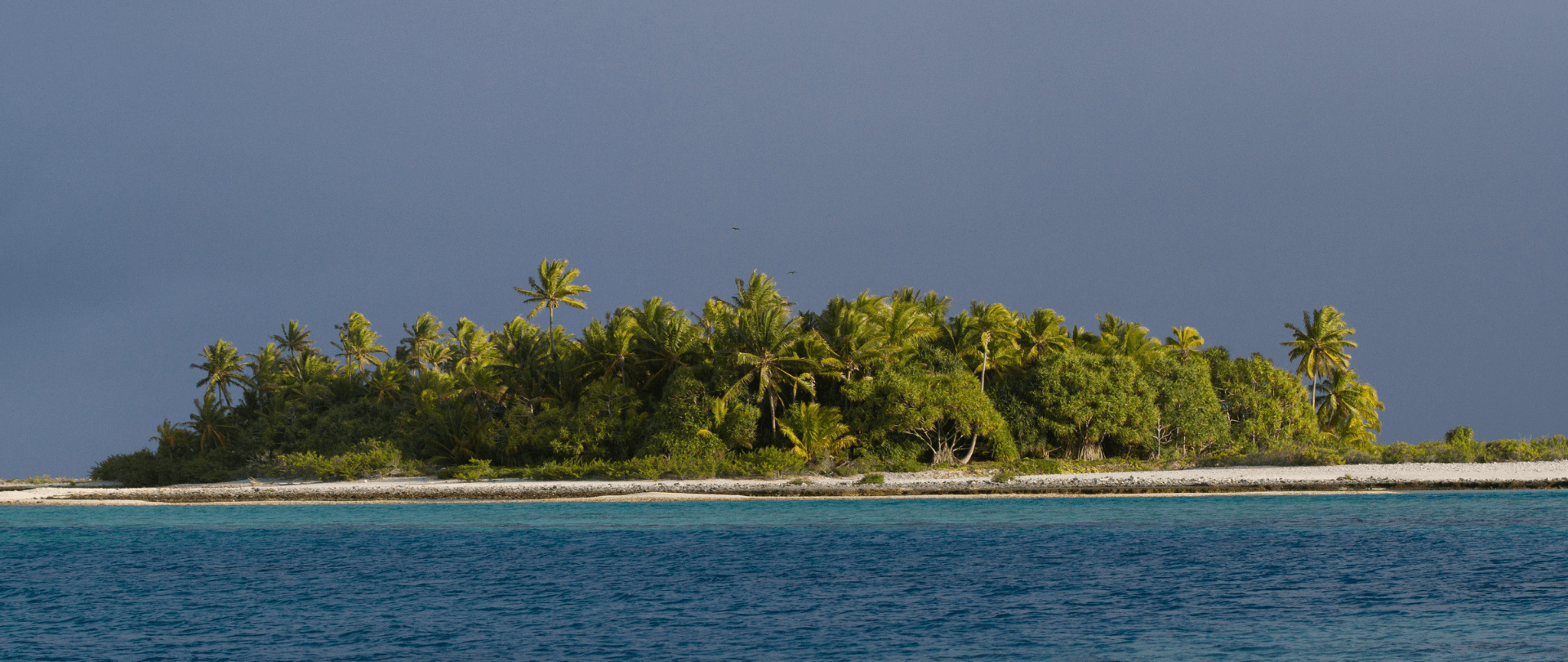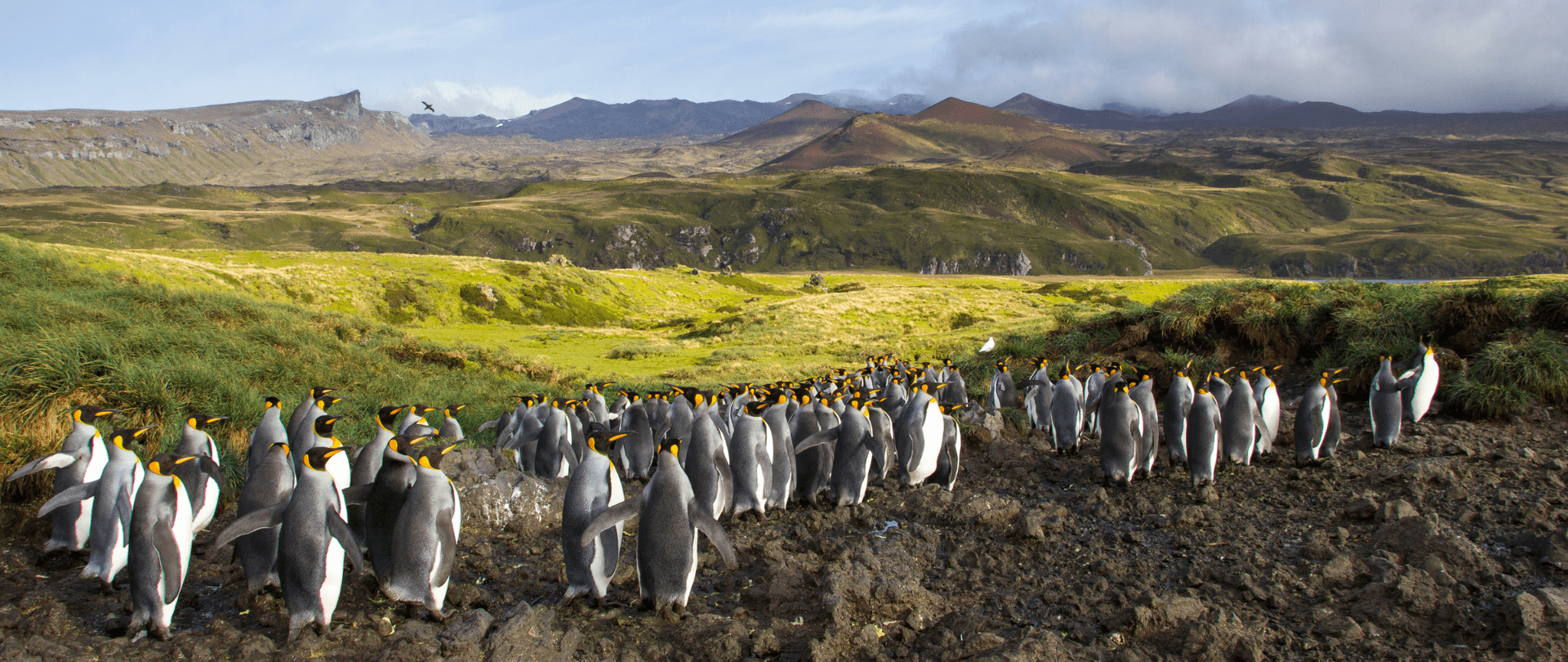The Ebiil Society: Champions of Palau
Ann Singeo, founder of our partner organization the Ebiil Society, shares her vision for a thriving Palau and a flourishing world of indigenous science!
Our new online shop is live!
Published on
May 9, 2016
Written by
Sara
Photo credit
Sara

Island Foxes set record for least genetic variation in a sexually reproducing species.
High genetic diversity among individuals in a species is usually optimal for survival, while low levels of genetic variation put a species at risk of extinction. In an evolutionary twist, Island Foxes native to the Channel Islands are challenging this long-standing principle. The individual foxes are nearly identical to one another. These foxes have set a record for the least genetic variation in a sexually reproducing species. The new study, published in Current Biology, was conducted by a team led by Robert K. Wayne, a geneticist at the University of California, Los Angeles. The researchers call it “genetic flatlining.”
On the face of it, the island foxes should have vanished long ago. ‘But that hasn’t happened to them in thousands of years. They’re an exception to the paradigm.’ -Dr. Wayne, Geneticist at the University of California, Los Angeles
 San Nicolas Island Fox. Photo by Island Conservation
San Nicolas Island Fox. Photo by Island ConservationResearchers are now contemplating what they should do–if anything–about the genetic anomaly. Island Foxes have recently benefited from the removal of invasive species from their island homes, which has allowed their population size to increase.
Read the original article at The New York Times.
Check out other journal entries we think you might be interested in.

Ann Singeo, founder of our partner organization the Ebiil Society, shares her vision for a thriving Palau and a flourishing world of indigenous science!

This historic agreement aims to protect the marine and coastal areas of the Southeast Pacific.

Our projects to restore key islets in Nukufetau Atoll forecast climate resilience and community benefits in Tuvalu!

Island Conservation and partners have published a new paper quantifying ecosystem resilience on restored islands!

Climate Week NYC: what is it and why is it important? Read on to find out why Island Conservation is attending this amazing event!

With sea levels on the rise, how are the coastlines of islands transforming? Read on to find out how dynamic islands really are!

Join us in celebrating the most amazing sights from around the world by checking out these fantastic conservation photos!

Rare will support the effort to restore island-ocean ecosystems by engaging the Coastal 500 network of local leaders in safeguarding biodiversity (Arlington, VA, USA) Today, international conservation organization Rare announced it has joined the Island-Ocean Connection Challenge (IOCC), a global effort to…

Island Conservation accepts cryptocurrency donations. Make an impact using your digital wallet today!

For Immediate Release Conservation powerhouse BirdLife South Africa has joined the Island-Ocean Connection Challenge (IOCC) – a global initiative aiming to restore, rewild and protect islands, oceans and communities – to support its work to save internationally significant albatross populations…